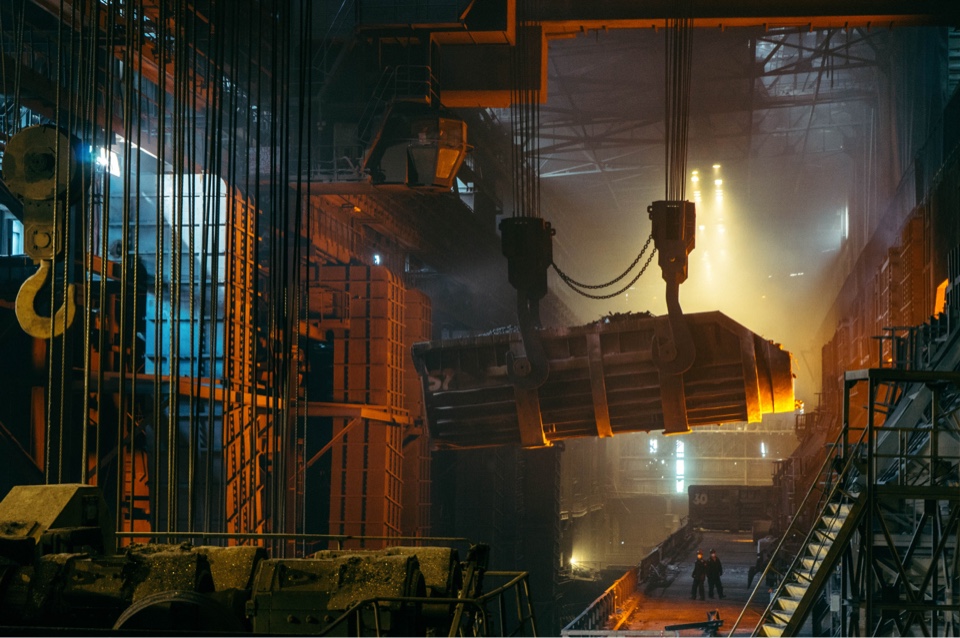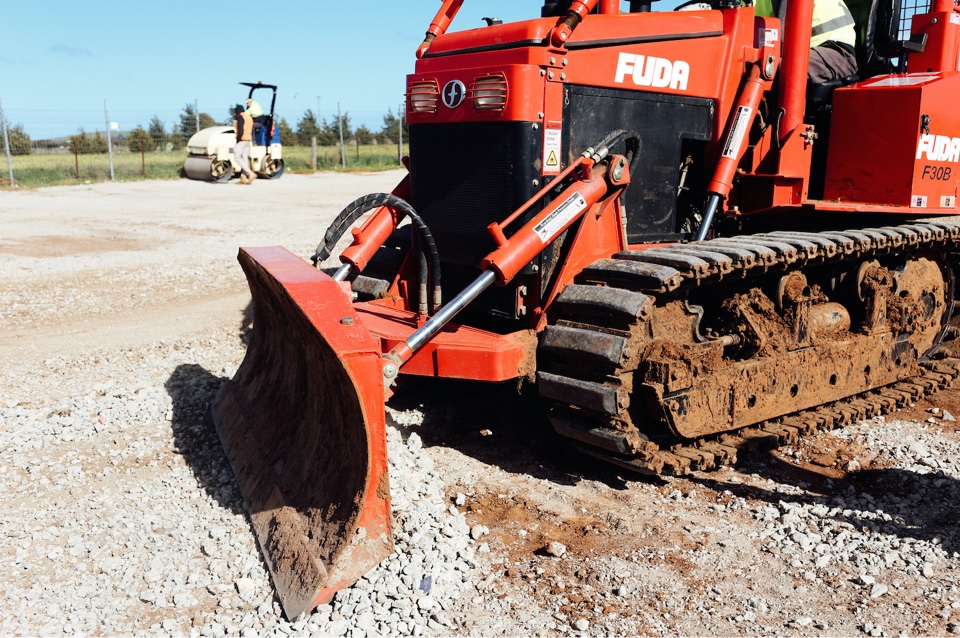The civil construction industry is thriving in Australia, with plenty of possible job opportunities and career options.
In this article we’ll explore different civil construction jobs and roles. We’ll also show you what you could learn when you study civil construction.
Civil construction jobs
Civil construction workers come in all varieties, from labourers to engineers.
But essentially, they all focus on the same thing: building infrastructure like roads, bridges, tunnels and pavements.
Civil construction workers do different tasks, but they’re all involved in compacting, level and spread materials. They maintain and do repairs to infrastructure.
They could even be involved in maintaining signs, guideposts, roadside grass, weed-control and collecting litter.
Here are some more specific civil construction roles:
- Earthmoving plant operator
- Crane, hoist and lift operator
- Structural steel worker
- Mobile plant operators
- Foreman or site supervisor

Civil construction responsibilities
Working in civil construction demands certain skills, interests and commitments.
Regardless of what role you choose, you’ll need a passion for building things and a good work ethic.
Most jobs in civil construction are full time, so you will have to consider the demands this will have on your life and whether it’s the right choice for you.
Study civil construction
Let’s explore the different pathways to becoming a civil construction worker.
Where to start
RII20715 Certificate II in Civil Construction
This course is good for people already working in the construction industry or even just starting out with no experience at all.
Specifically, it’s a pre-apprenticeship that helps launch you towards your apprenticeship, where you hone your skills to become a skilled trade.
In this pre-apprenticeship, you learn a range of skills related to small plant and equipment, hand and power tools, basic levelling and excavation.
You also get an excellent grounding in construction site safety.
Mastering your trade
Civil construction apprenticeships
When you do your apprenticeship, you’ll earn a cert 3. This combination gives you on-the-job training and hands on experience so you’re job ready in time for graduation.
There are many different certificate IIIs you could do to work in civil construction, including:
- RII30915 Certificate III in Civil Construction General
This is the broadest and most general stream allowing you to cover a range of civil construction skills. - RII30815 Certificate III in Civil Construction Plant Operations
Take this course to specialise in equipment-based civil construction work across a variety of tools and machines. - RII30915 Certificate III in Civil Construction (Pipe Laying)
If you want to specialise in the installation of underground pipes, this certificate gives you all the practical and technical skills you need. - RII30915 Certificate III in Civil Construction (Road Construction & Maintenance)
Focus your apprenticeship on building Australian roads, including highway upgrades and general road upkeep. - CPC30211 Certificate III in Carpentry
Carpenters also play an important role in civil construction. You could create the scaffolding and other essentials for civil infrastructure. - CPC31511 Certificate III in Formwork / Falsework
Learn to create the important moulds into which concrete is poured, supporting the framework of large structures. - CPC30318 Certificate III in Concreting
Specialise in one of the most essential civil infrastructure materials as you learn to pour, place, cure and finish concrete.

Taking things up a notch – Certificate IV
If you’re at the point where you want to get off the tools, look no further than the RII40715 Certificate IV in Civil Construction Supervision.
This cert 4 in civil construction teaches you all the skills you need to do supervisory work and qualifies you to become a foreman or site supervisor.
When you study with CWBTS, you get trained by one of the best training providers in NSW, Queensland and ACT.
Because we specialise in building and construction courses, we give you trainers who are knowledgeable experts with real industry experience and connections.
Find your pathway
While the above pathway is a good suggestion, it’s not the only way to study civil construction. For example, you could start with a Cert IV and then level up to university.
Alternatively, if you already have a lot of on-the-job experience, you might like to formalise it by doing some recognition of prior learning.
If you’re interested in civil construction but need help figuring your own unique pathway, you could call a CWBTS course advisor for some friendly no-obligation advice.
Considering roles in civil construction? Let our course advisors help you figure out your best study pathway.
Contact us at 1300 4 CWBTS or request a call back today.





